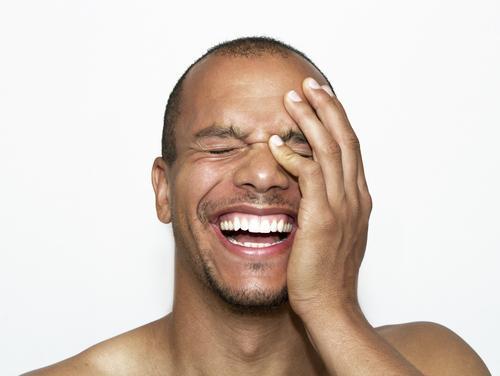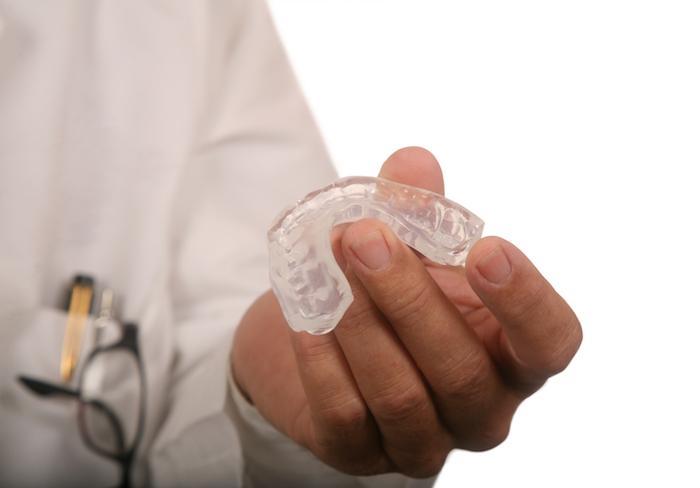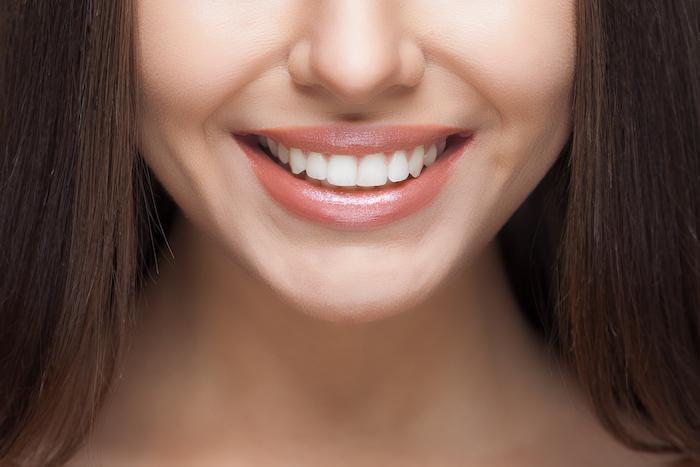
Having a tooth extracted isn’t unusual, but it can leave you with a long list of lingering symptoms if you don’t properly care for your mouth in the aftermath. Here’s what to expect and how to take care of your mouth after having a tooth removed.
The different types of tooth extraction
Saeed Mokhayeri, DDS, and Hengameh Safarcherati, DDS alway try to save your teeth whenever possible, but sometimes an extraction is unavoidable. There are two different types of extractions: simple and complex.
Simple extractions address teeth that are damaged due to trauma, such as severe cracking or irreparable tooth decay, or because of crowding. Typically, you will get a local anesthetic for these procedures.
Complex extractions generally require a type of minor surgery, such as wisdom tooth removal. More complex extractions usually involve sedation.
Sometimes, as in the case of wisdom teeth, tissue may cover the tooth, which also requires removal. Removing a tooth surgically may require a couple of stitches in your gums.
After any type of extraction, our team places gauze in your mouth, which you need to leave in place until he advises you it’s safe to remove.
What happens to your mouth after a tooth extraction?
After an extraction, you will need to treat your mouth gently. Your gums may feel sore and you may have swollen cheeks. This swelling and soreness will gradually go away as your mouth heals. Make sure you follow all of your aftercare instructions to minimize the risk of complications.
How can you care for your mouth after a tooth extraction?
Caring for your mouth after a tooth extraction is largely about carefully following a list of dos and don’ts. It’s important to closely follow the rules or run the risk of developing dry socket, a painful condition that occurs when the blood clot at the extraction site fails to develop or is prematurely dislodged.
Things you should do following tooth extraction:
- Leave the gauze in place for as long as our team advises to stop the bleeding and allow the clot to form.
- Use the medications our team recommends for you. These may include antibiotics and pain relievers.
- Follow a diet of soft foods and liquids for the first 24 hours after the procedure.
- When you return to eating normal food, chew food on teeth away from the extraction site.
- Apply an ice pack to any areas of your face that feel swollen for 15 minutes at a time.
- Rinse your mouth after eating to prevent debris from getting lodged in the extraction site.
Avoid doing the following:
- Using a straw for the first three days after the extraction.
- Smoking, as it significantly increases the risk of developing dry socket.
- Consuming hot foods or drinks in the first few days after the extraction.
- Brushing your gums within the first few days of the extraction.
What are the signs of complications after extraction?
Call Arya Dental right away if you experience any of the following symptoms that might be a sign of complications:
- Fever
- Drainage or bad odor from the extraction site
- Severe throbbing pain
- Shifting teeth
- Prolonged numbness or tingling after the anaesthetic has worn off
- Inability to fully open your mouth a week after the extraction
What will replace your old tooth?
Fortunately, when you get a tooth removed, you won’t have an empty space in your mouth forever. After about a week, our team will discuss your options for an attractive replacement option, such as dental implants or bridges.
If you need a tooth extraction, don’t worry. The team at Arya Dental will make sure that the process is as easy as possible. Our caring team will restore your smile back to its usual beauty soon.






